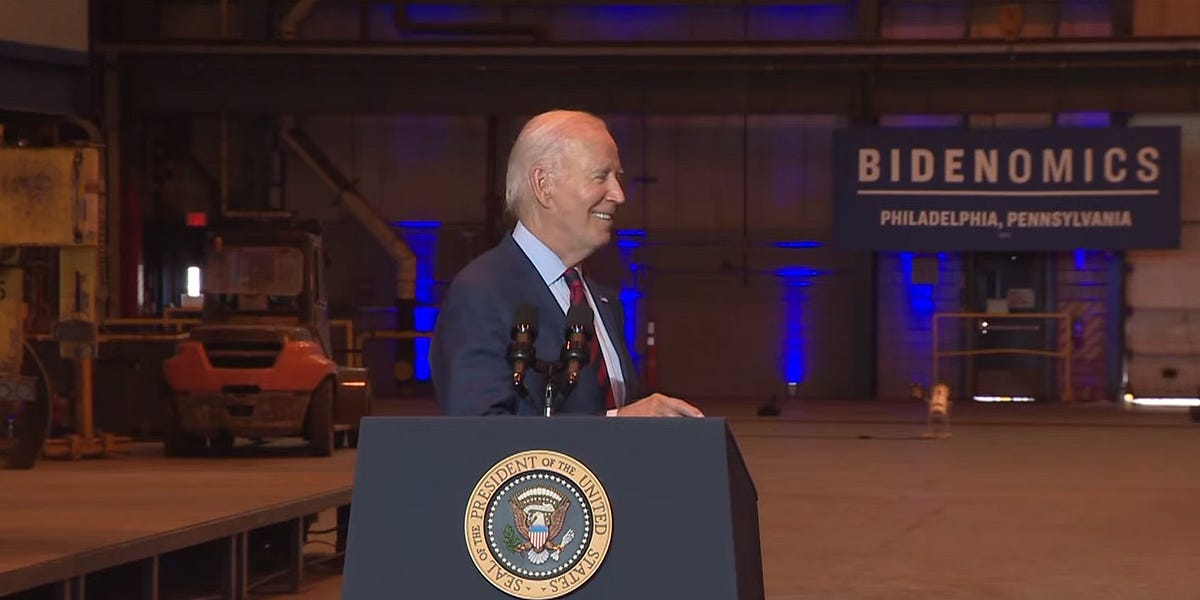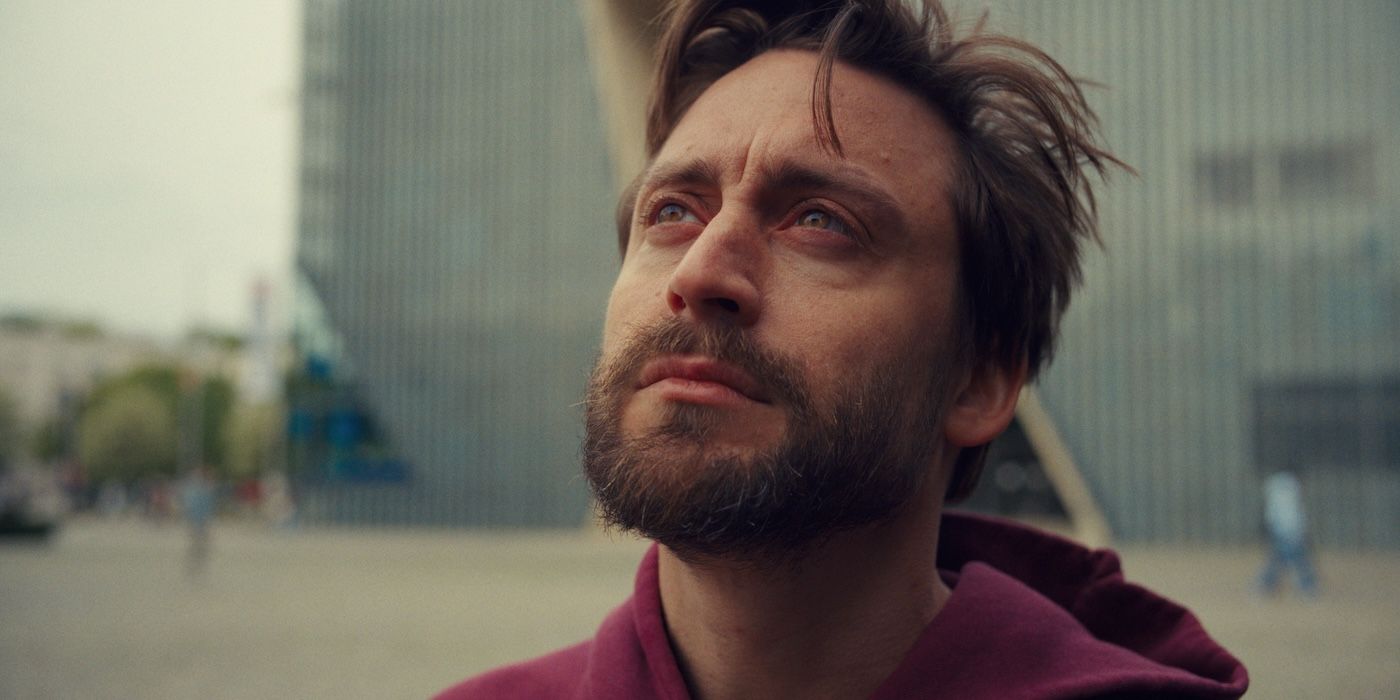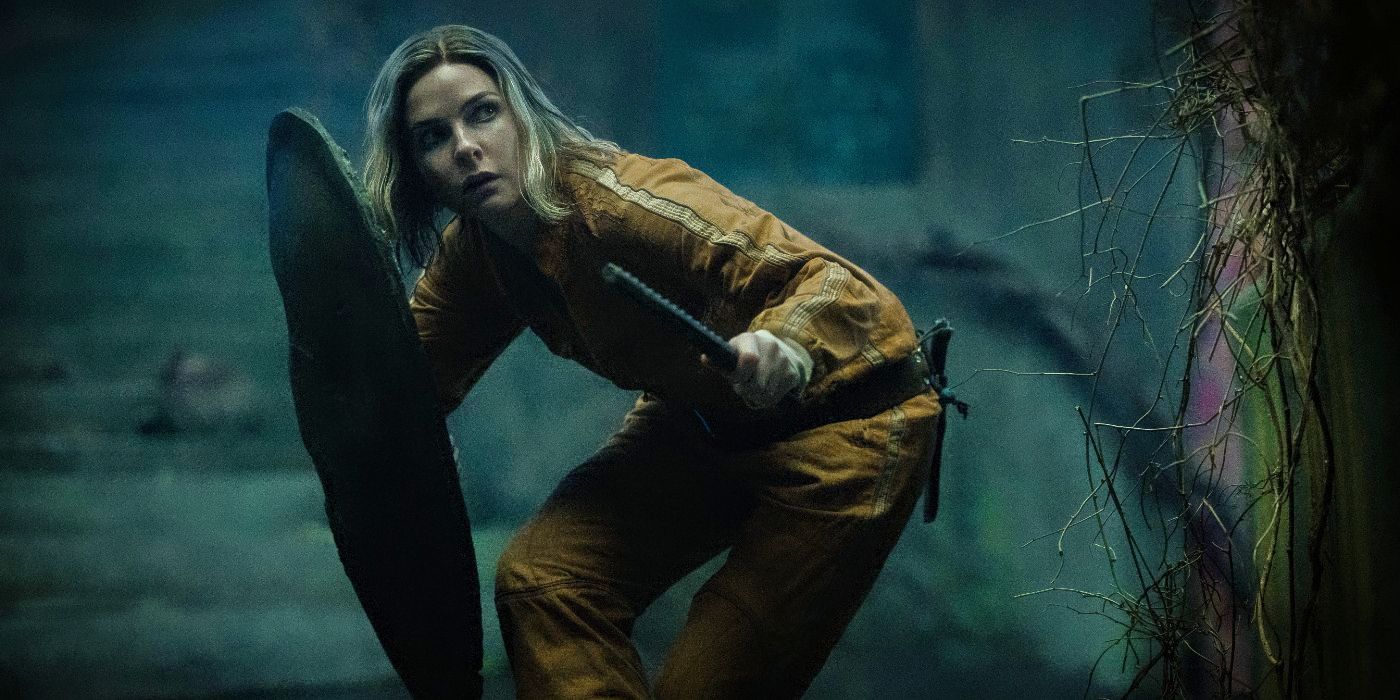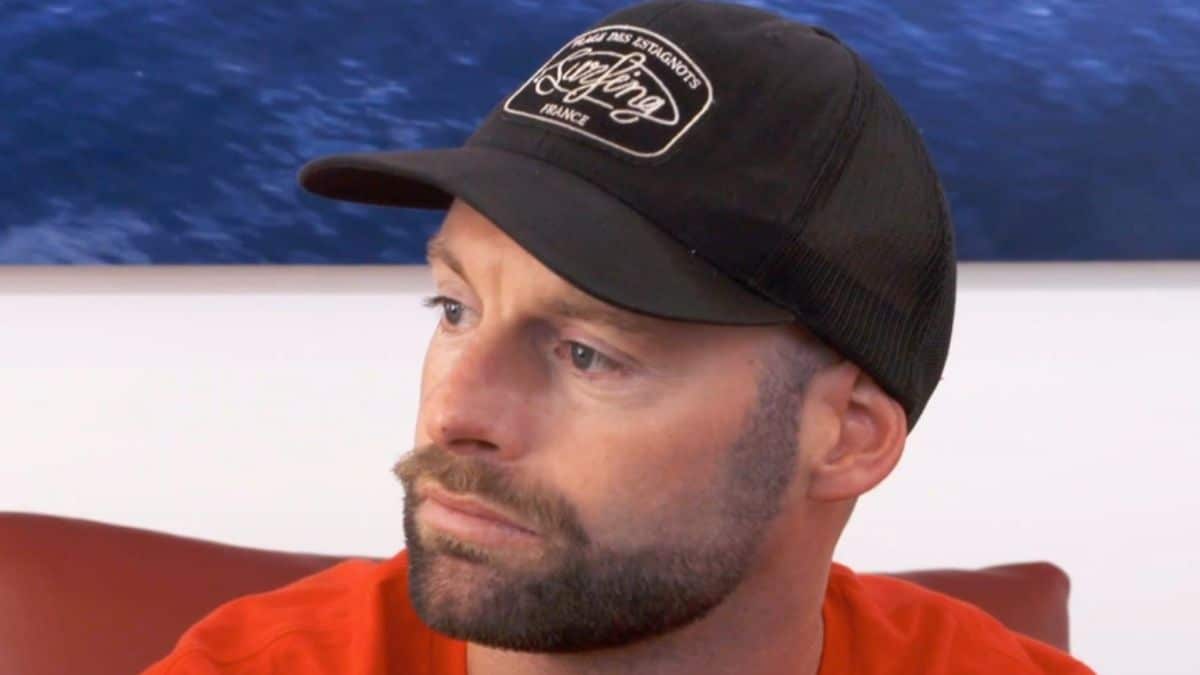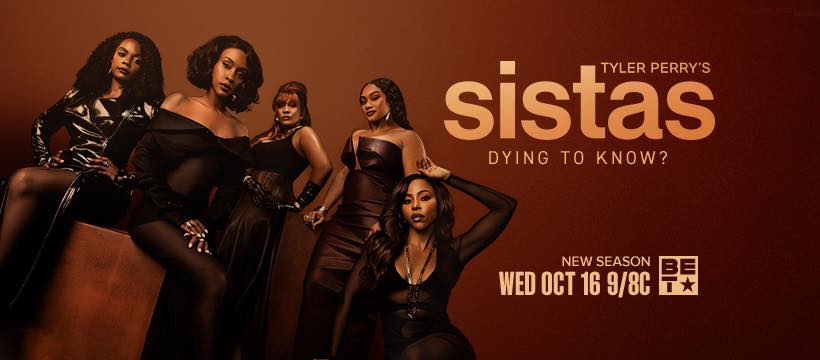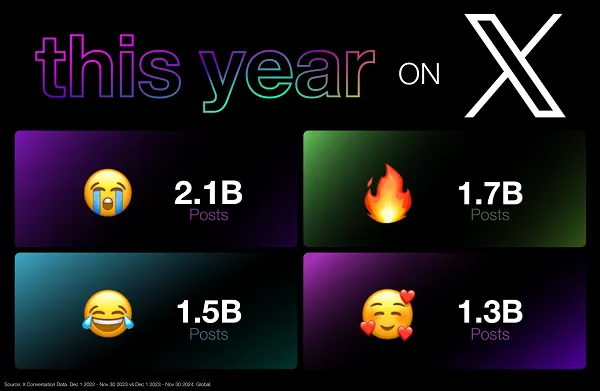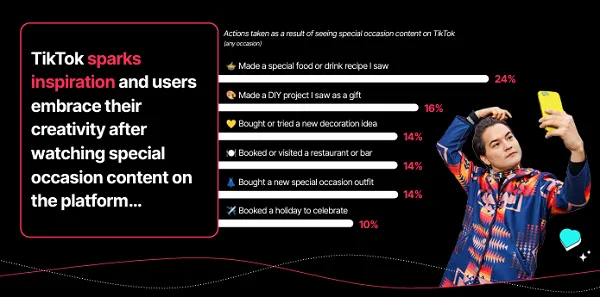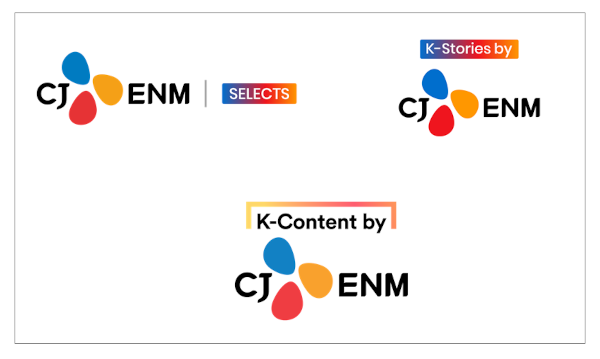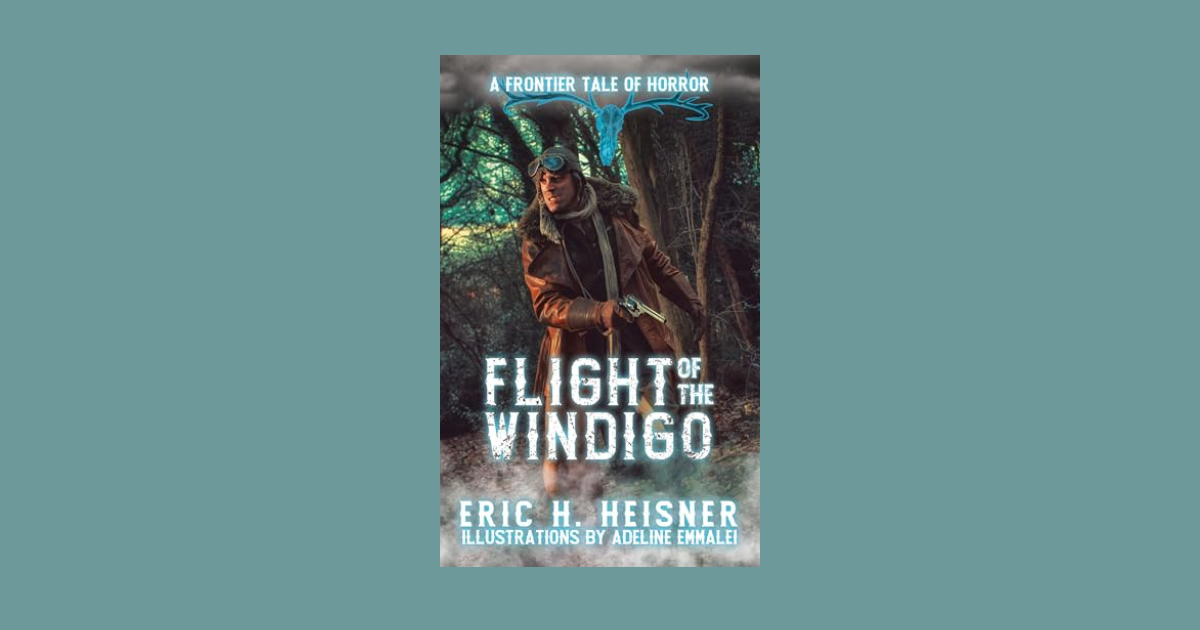When watching a finished feature film, it’s easy to get carried away by the incredible storytelling and cinematography — and forget about the extensive preparation that went into getting the movie off the ground. The truth is that before production can even begin, lengthy contract negotiations are required to ensure that intellectual property (IP) rights are clear.
While these types of contract rights are often framed in terms of traditional films, IP in the field of animation is becoming a huge source of profit, attracting producers and fueling the growth of the animated film industry. New entertainment companies, such as Rocky Shi’s TAOST, are at the forefront of this growth, incubating content while developing their own unique IP pipeline.
What Are IP Rights in Animation?
When it comes to animation, IP rights are just as crucial as in any other industry. Intellectual property can, of course, refer to a script, but so many aspects of a film can be classified as IP: story, score, and of course, character design. Within the realm of animation, character design is particularly important, as beloved characters will often go on to helm entire franchises and be used across merchandise.
Establishing legal protection over animated characters can be trickier than expected. If a film’s story is based on a myth or fable, for instance, it may be hard to legally claim any of the characters. Animated characters also may need to have different copyright claims depending on their usage — an animated character in a book or comic may have one set of IP rights, an entirely different set of rights when adapted into a feature-length film, and an entirely different set of rights when used as merchandise.
How IP Protection Fuels the Animated Film Industry
Major studios such as Disney have achieved massive profit by clearly establishing IP protection over animated characters in every arena, showcasing how powerful properly executed IP within animation can be. This draws producers and investors to the world of animated films.
In the early stages of an animated film, clear contracts lay out these IP rights and ensure that a film’s early investors will maintain their IP rights when the film hits the market. Precise contracts and clear communication between parties ensure a film’s success — these early pre-production stages are crucial in bringing fresh stories to the industry.
Developing a Unique Script-to-Screen Pipeline
As IP within animation becomes a more profitable, distinct field, new entertainment companies are emerging as leaders in the industry. TAOST, helmed by Rocky Shi, is developing a concise workflow that makes it easy for both producers and creators to collaborate on animated IP together.
By bringing the global marketplace into a single pipeline, previously untold stories will make their way to eager audiences. TAOST aims to help native Chinese stories adopt Western storytelling approaches and to adapt Western stories for the Chinese market. Management of IP is crucial for this endeavor, which is why TAOST’s development of a project management platform for collaboration amongst parties will ensure everyone can reap the rewards of animated IP.
Have you read?
Best Business Schools In The World For 2022.
Best Fashion Schools In The World For 2022.
Best Hospitality And Hotel Management Schools In The World For 2022.
Best Medical Schools In The World For 2022.
The World’s Best Universities For Doctor of Business Administration (DBA), 2022.
Track Latest News Live on CEOWORLD magazine and get news updates from the United States and around the world.
The views expressed are those of the author and are not necessarily those of the CEOWORLD magazine.
Follow CEOWORLD magazine headlines on: Google News, LinkedIn, Twitter, and Facebook.
Thank you for supporting our journalism. Subscribe here.
For media queries, please contact: info@ceoworld.biz









